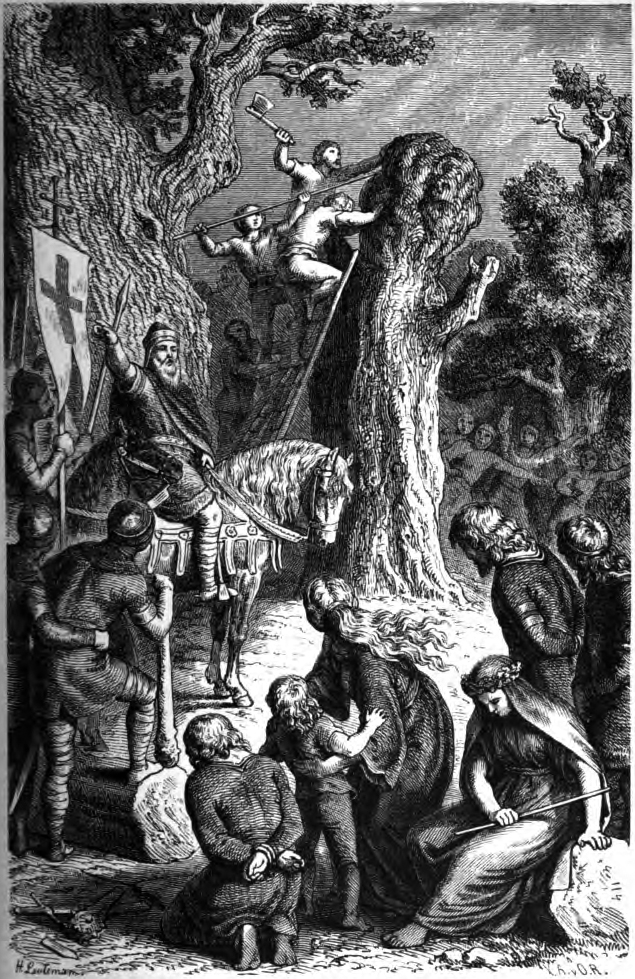If you overlay a map of religions on a physical map of the world, some startling patterns emerge. Religions tend to line up with broad geographical areas. There are numerous potential interpretations of the patterns--country boundaries tend to line up with physical features, which in turn define national ways of life, and those tend to correspond to religion.
 |
| World Religions |
 |
| Physical Geography |
The monotheistic cults of Christianity and Islam originated in the desert and followed the well worn example of imperial expansion. In the early days of Christianity, the ancient religions of northern Europe and the Germanic peoples were seemingly erased, along with their sacred forests.
Arguably, though, when Christianity went out of the desert, the trees and the gods of the forest initially shaped the religion, and then, perhaps, ultimately rejected it.
It's an interesting question if arbitrary belief systems are compatible with a given environment, and the gods of that particular environment (browse through the blog to see what I mean when I use the word 'gods'). If you are surrounded by trees and natural abundance, you're probably not going to be a monotheist for long. If you live in a city, which is a man made desert, or actually in a desert, monotheism might make more sense.




